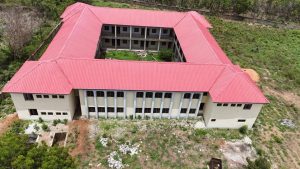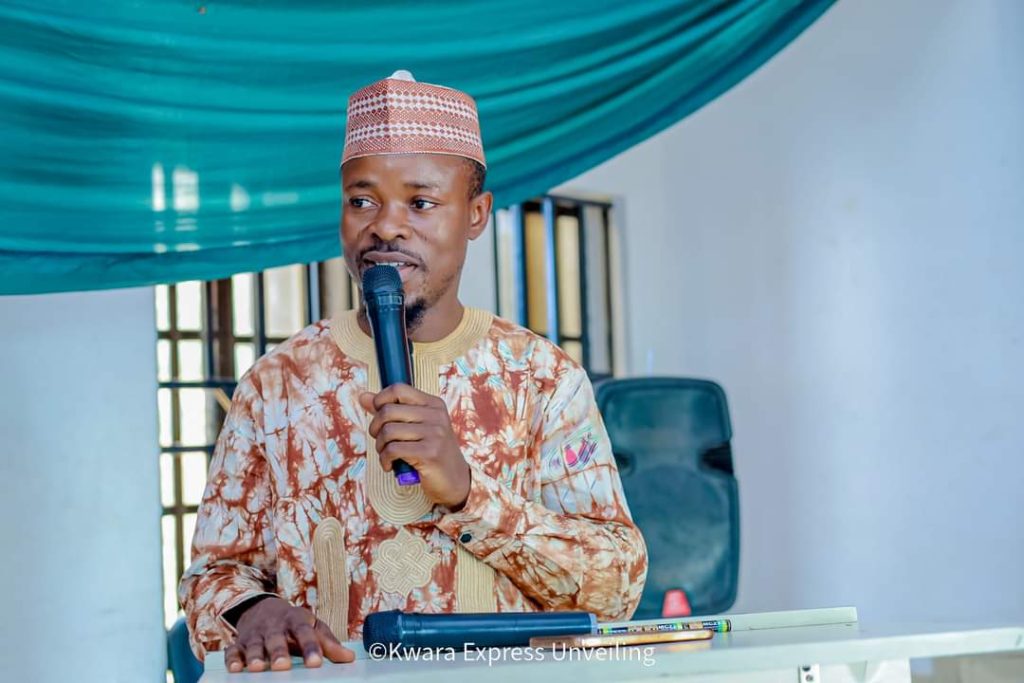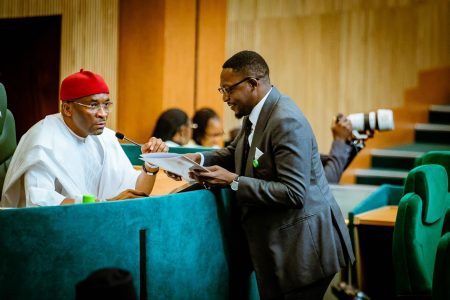By:
Abdulwaheed Onikanhun
The creation of additional local governments has long been seen as a critical pathway for advancing grassroots development by fostering economic, social, and political autonomy. This vision was especially pursued during the administration of the late Governor Mohammed Alabi Lawal in Kwara State, who, responding to public demand, initiated steps to create more local government areas (LGAs). A panel led by Engineer Aliyu O. Idris was set up to assess the need for additional councils, receiving over 1,213 memoranda—demonstrating widespread support for localized governance.
However, broader political dynamics at the time significantly influenced the trajectory of this initiative. While the move garnered substantial public support, it was eventually set aside after Dr. Bukola Saraki assumed office as governor in 2003.
Although this decision was viewed by many as a setback for grassroots development, it reflected the shifting priorities and governance complexities typical of new administrations.
Despite these historical challenges, local government autonomy has gained new momentum in recent years. The Supreme Court’s landmark ruling guaranteeing financial autonomy for local governments has opened the door for a more decentralized governance structure, allowing LGAs to directly manage their finances, free from the influence of state governments. This ruling represents a significant opportunity for local governments to take the lead in grassroots development.
However, the local government elections held on September 21, 2024, under the administration of Governor Abdulrahman Abdulrazaq, have been marred by widespread allegations of rigging and poor preparation. The ruling All Progressives Congress (APC) was declared the winner in all 16 LGAs and 193 wards, yet the process was tainted by reports of missing electoral officials, inadequate ballot papers, and the absence of result sheets at polling units. Opposition parties and civil society groups have criticized the election as poorly organized and manipulated, with many describing it as an “arranged” victory. This controversy has once again cast a shadow over the legitimacy of local governance in Kwara.
Despite the challenges of this recent election, the newly sworn-in local government chairmen and councillors have a unique opportunity to bring tangible development to their communities.
The financial autonomy granted to them places them in a strategic position to drive transformative projects that can elevate Kwara above other states, particularly in agriculture, local manufacturing, and education.
Setting an Agenda for Local Government Chairmen:
1. Agriculture Value Chain Development:
Kwara State is endowed with vast arable land and resources. Local governments should prioritize agriculture as the backbone of their economic strategy. The focus should not only be on increasing production but also on strengthening the entire value chain—from processing to marketing. Investments in agro-processing facilities, storage, and distribution channels will enable farmers to gain better access to markets and enhance the state’s food security.
Local governments must also work with agricultural cooperatives to provide farmers with access to improved seeds, tools, and technology, thereby boosting productivity.
2. Local Manufacturing and Industrialization:
Diversifying the local economy through small-scale manufacturing is key to sustainable development. Local governments should encourage the establishment of cottage industries that focus on the processing of raw materials found within Kwara, such as cashew nuts, shea butter, and rice.
By creating an enabling environment for local manufacturing—through investments in infrastructure, skills training, and access to credit—local governments can stimulate job creation and reduce the reliance on imported goods. This will have a lasting impact on the state’s economy and position Kwara as a hub for local production in Nigeria.
3. Education Reform (Primary and Junior Secondary Schools):
Local governments play a crucial role in the management of primary and junior secondary schools, which are the foundation of any society’s educational system. To set Kwara apart in terms of educational quality, chairmen must prioritize improvements in infrastructure, teacher training, and student welfare. Initiatives such as upgrading classrooms, providing adequate learning materials, and implementing robust teacher development programs will help raise the standard of education.
Furthermore, local governments should introduce vocational and technical education programs at the junior secondary level to equip students with practical skills that can immediately contribute to the local economy.
This agenda—focused on agriculture, local manufacturing, and education—represents a blueprint for sustainable development in Kwara’s local governments. By prioritizing these areas, the newly elected chairmen and councillors can chart a path for meaningful progress, breaking away from the challenges of the past and ushering in a new era of grassroots governance.
In conclusion, the long road to local government autonomy in Kwara State has been shaped by both political dynamics and governance complexities. While historical efforts to create additional LGAs faced obstacles, the recent granting of financial autonomy to local governments has provided a fresh opportunity for transformative leadership. Despite the flaws in the recent local elections, the responsibility now lies with the newly elected leaders to seize this moment, driving Kwara’s local governments toward tangible development and empowering their communities for a better future.













